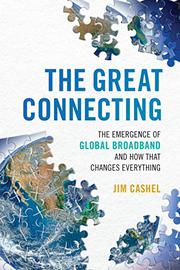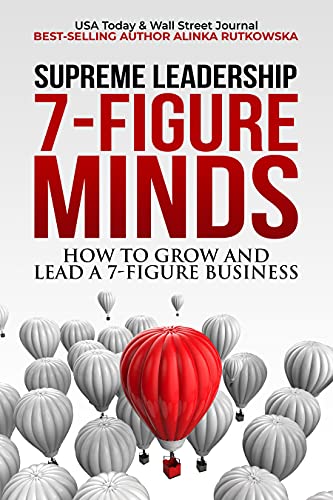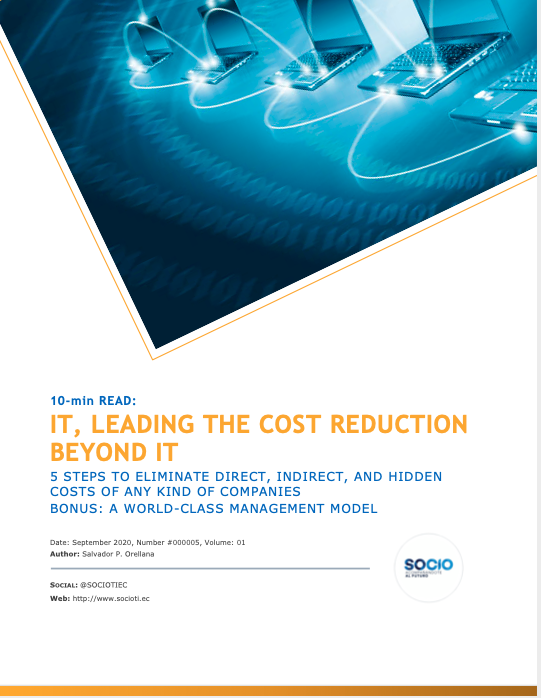
A researcher assesses both the
challenges and the potentially transformative power of global internet access.
As ubiquitous as the internet may
seem, debut author Cashel observes, a considerable swath of the world—its
poorest parts—remains without access to it, “locked out” of one of the most
significant technological inventions of this era. But there are good reasons to
believe that will change soon, in particular the plummeting costs associated
with satellite technology, which effectively delivers faster and higher quality
broadband service. In addition, major companies like Google and Facebook with a
commercial interest in reaching more customers are experimenting with new ways
to supply the developing world with internet access. Facebook has been using
drones as instruments of delivery, and Google has been harnessing balloons.
Moreover, governmental institutions are making a contribution as well; in 2010,
the United Nations established the Broadband Commission for Digital Development
and considers the general adoption of broadband access central to the
achievement of its other developmental goals for poorer nations. The author
astutely raises an important question: How will the widespread promulgation of
broadband—what Cashel calls the “Great Connecting”—affect otherwise
disadvantaged populations? He provides a searching discussion of the many ways—financial,
medical, political, and communicative, just to name a few—in which broadband
will positively alter the socioeconomic landscapes of the beneficiaries.
In addition, the author assesses the challenges, particularly the use of the
internet as a tool of extremist hate and political oppression. Finally, he
presents a series of thoughtful solutions to these impediments, and a kind of
road map for governments and investors alike to accelerate the process and
clear inevitable hurdles. Cashel is a researcher and visiting fellow at
the Harvard Kennedy School of Government, and so it is unsurprising his
study is impressively exacting. At the same time, it’s an exceedingly practical
work, and draws heavily not only on theory and data, but also on the author’s travels
to the developing world. Unfortunately, his optimism can be excessive; for
example, especially after the last year of revelations about Facebook’s
business, it is remarkable he can write: “The good news is that Facebook
does have in its mission statement—and undoubtedly in its corporate DNA—the
idea of making the world a better place.” Still, this remains an incisive tour
of a complex set of issues.
A thorough and concise look into the
technologically saturated future.






Add comment